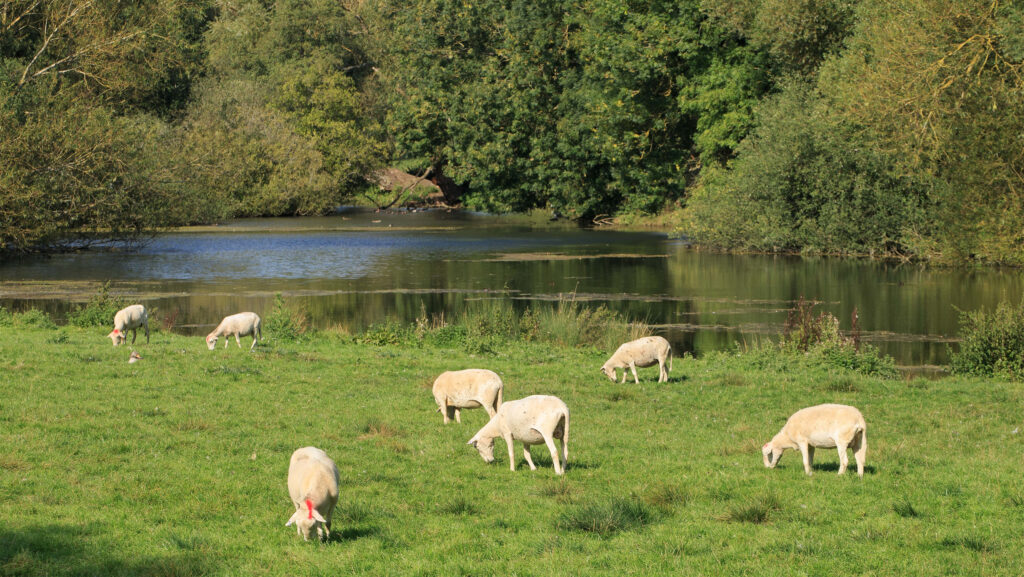NSA suggests vigilance as bluetongue re-emerges in Europe
 © Tim Scrivener
© Tim Scrivener The National Sheep Association is urging farmers to be extra vigilant for the signs of bluetongue disease in livestock following a spike in cases in northern Europe.
More than 90 suspected cases have been reported on farms in the Netherlands and across the border in Germany since last weekend.
However, no new cases have been reported in the UK.
Most of the cases are on farms in south-east Holland, away from the coast, with a few further cases (single figures) reported across the border in Germany.
See also: Q&A: All you need to know about bluetongue disease
Phil Stocker, NSA chief executive, told Farmers Weekly that experts at Defra and the Animal and Plant Health Agency (Apha), who are working on the prevention of animal disease outbreaks, were doing a “great job” monitoring midge activity and wind speeds, to assess the level of risk to UK sheep flocks and cattle herds.
Wind-aided midge movement is known as a mechanism for the spread of bluetongue disease.
The winds in continental Europe are currently blowing in a favourable direction and away from the UK, Mr Stocker said.
But he added: “There is no doubt that the level of risk has increased with these outbreaks.
“Livestock farmers need to be vigilant for any signs of bluetongue disease in their animals and report any suspected cases to their vets and the authorities.”
No vaccine in UK
There is currently no vaccine available for bluetongue virus serotype 3 (BTV-3) available for use in the UK.
However, Dutch and Belgian authorities approved the use of a vaccine in May developed by Spanish company Syva.
“There is a suspicion that the vaccines have not had time to kick in; the animals have not had enough time to stimulate a response,” said Mr Stocker.
“There are definitely cases being seen on farms that experienced bluetongue outbreaks last autumn and over the winter.”
German authorities are investigating unconfirmed reports that an autogenous BTV-3 vaccine, developed in Germany for use in cattle, sheep and goats, may have spread infection.
Stay updated on bluetongue disease at gov.uk.
